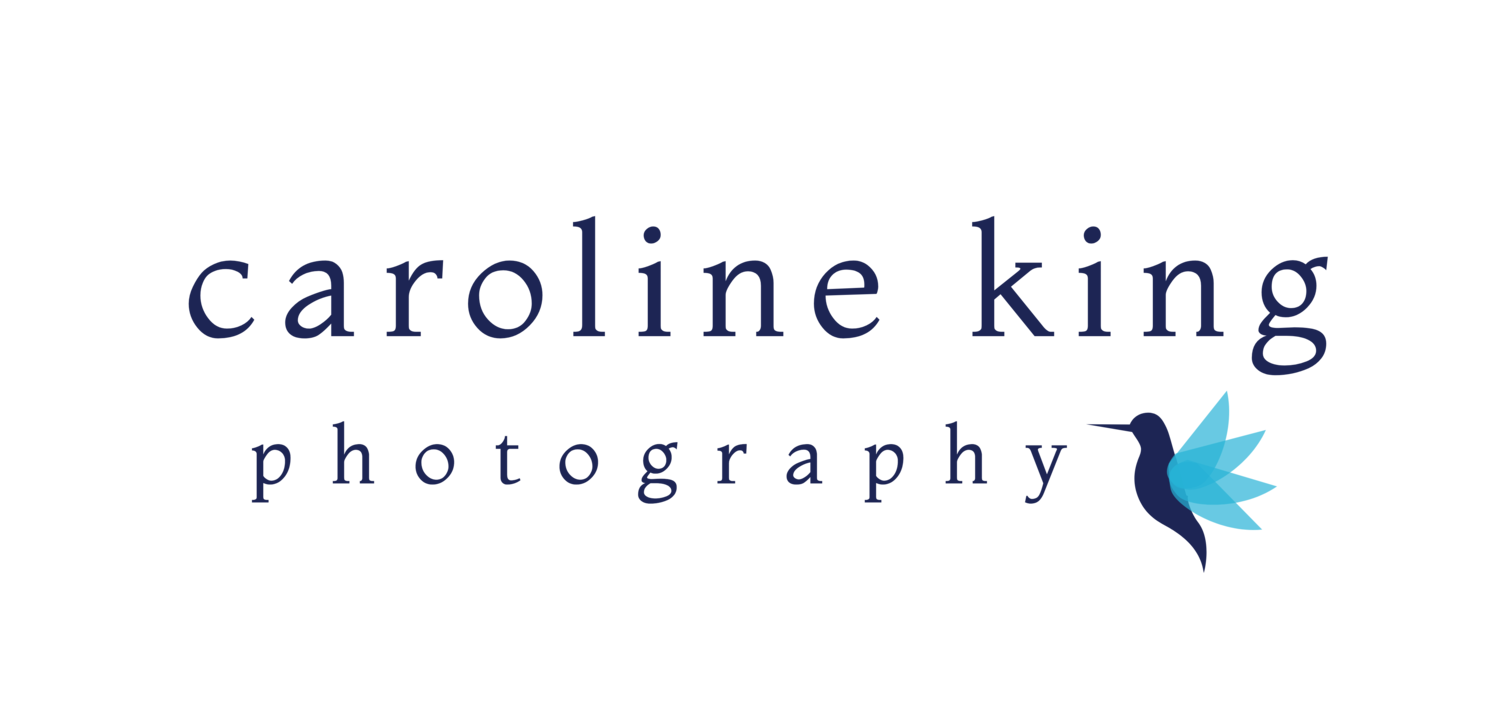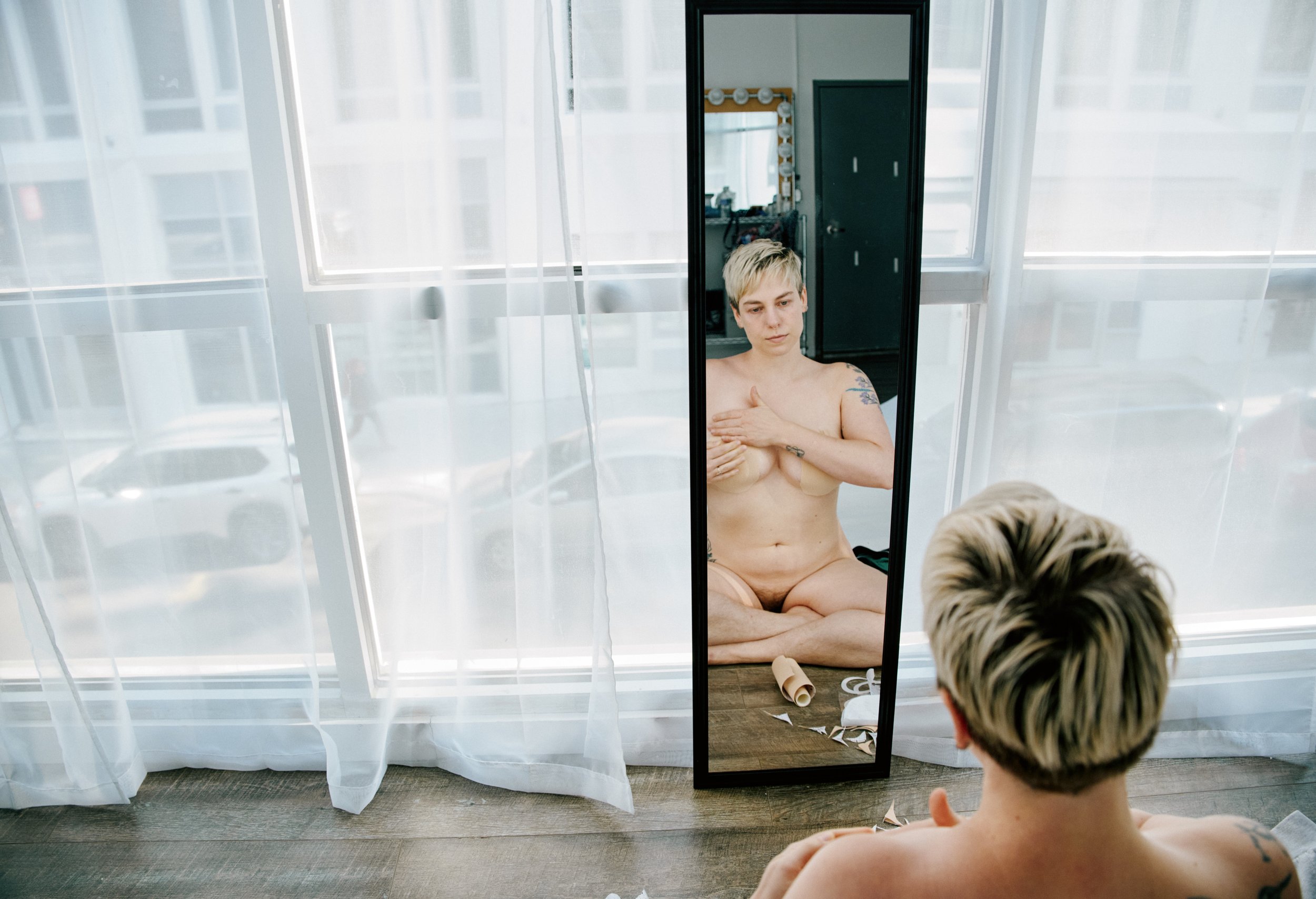Caroline (she/they)
I don’t even know what we’re doing in the gender wars discourse anymore.
The literal claims have become so hollow. There are two genders, there are infinite genders, trans people are real, trans people aren’t real, gender discourse is an ideological sickness, gender discourse is a path to liberation, sex is gender, sex isn’t gender, whatever, the whole thing is a red herring. We’re talking about the terror of self exploration, about the rawness of asking someone to see you, about the destabilizing thrill of dissolving our containers and letting our particles expand to the size of the universe. We’re talking about the absolute fright of letting ourselves want something. We’re talking about fear and love.
I don’t think gender is about what you innately are, it’s about a possibility space. I’ve seen enough queer people move through different parts of their gender exploration journey that I find the idea of fixed, immutable gender categories (even queer ones) to be too improbable. It seems very unlikely to me that the Born This Way school of thought, about gender, sexuality, or anything else, can really explain that much. Gender is such a psychedelic trip, and the people I know with the brightest and most multidimensional gender colors are the ones who have been exploring it the longest. Seasoned queer people often have a sense of clarity about themselves and their genders, but not because their genders are simple and they’ve cracked the code. It’s because they’re orienteers. They know how to read the stars, they know how to notice signals and navigate uncharted territory. And they want to.
Queer people are often confessional booths.
If you read visibly queer, people will go out of their way to disclose to you that they are queer or queer-curious. Sometimes it comes as subtle disclosures couched in hedged terms (confessions of “girl crushes”, lamenting that they could “never pull off” a masc haircut or outfit, hyper-identification with Sporty Spice or allyship), sometimes it comes as drunken half-joking threesome propositions. Sometimes they just blurt our curiosities or desires they’ve never shared with anyone. And the result is I think queer people have a better headcount of how much queerness there is out there than anyone else does. It is revealed to us in ways that it isn’t revealed elsewhere.
The idea of queer contagion is obviously pathologizing in a way that is mean and stupid, but there’s something to the underlying fear it’s trying to articulate. That being around too many queer people will make you queer. And you know what? It might. It did for me. Not because queerness is a disease that I caught, but because we explore ourselves by trying on options that other people show us are possible. And I found spaces and relationships where experimentation is celebrated. Would I be such a raging queer if I had stayed in Tennessee, never discovered my career or client base, never met my queer friends or partner? Surely not. I am who I am because I’ve been given permission to find it by other people.
Queer drag and burlesque spaces (shoutout to @officialhausofmuse) are the ultimate “yes, and” arenas of self exploration. Just the thought of a room full of queer people doing a show-and-tell of their gender expression curiosities gives me full body chills. Of course being around them has made me more queer, and thank god for that. I am an amalgam of every person whose gender expression I ever thought was cool, and I can’t wait to meet all the people who will shape my future queerness.
And that is what spooks people more than anything. They’re not afraid of us, they’re afraid of themselves. They’re afraid of their own curiosities. They’re afraid of what they might find if they just let their desires bubble to the surface. They’re not afraid of catching queerness, they’re afraid of finding it already there.
These fucking boobs.
I had a breast reduction when I was 20 years old — I went from a G cup to a D cup. It was the best decision I’ve ever made, and it immediately and permanently changed my life for the better. And for years I’ve loved this version of my boobs as they are. But recently it’s been shifting for me, honestly. As I’ve explored different gender presentations, I’ve realized that I actually have had more complicated feelings about my boobs over the years, and those complicated feelings are more pronounced the more I explore androgynous presentation. When you get a breast reduction (a standard one), your surgeon makes decisions for you about what size the new ones will be. They ask you how small you want to go, but they don’t really take those preferences to be that decisive. There are limits, they tell you, to how small we can go. I always thought those were mostly like, robust medical limits that have to do with the health and safety of the tissue. But the more I think back on what those conversations were about, actually I only remember being counseled about what is “proportional” to my frame. Which is obviously a gendered-aesthetic standard.
I don’t necessarily look back on the decision about what size they would reduce them to as one where I was talked out of a strong preference I had — I think they ended up a little bit bigger than what I initially said I wanted, but not wildly different. And I was elated with the results. But I think I’ve always still wished they were smaller. And the more I’m learning about my own gender, the more I’m realizing that I think that was always (at least partly) a kind of gendered wishing. Whenever I get dressed in a more masc way, my boobs are the first distracting thing I see when I look in the mirror. And I think about what sort of decision I would have made about how to approach the breast reduction if I had had more information back then, about myself, about queerness, and about the surgery itself.
I’ve been feeling a lot of grief about my shifting feelings about them. They were such a source of joy and relief and rightness for so many years, and now it’s making me feel really sad to feel dysphoric about them sometimes. I feel like I’m betraying a part of my body that has been so special to me for so long. Some days they still feel good, but I’m having more and more days where they don’t feel right anymore. And it’s just making me so sad to feel that way toward this part of my self that I’ve felt such joy about for so long.
I don’t think full blown top surgery is what I want. But a few months ago I discovered on the gay internet that there is such thing as a “radical breast reduction”, which is a sort of in-between option between a traditional breast reduction and top surgery for people who still want some degree of breast or chest volume but want a more androgynous look to their breasts. The day I found out this exists, I had a bit of a gender meltdown to my partner. It turns out that’s often my first reaction to learning about my own desires — panic? I just like spent the whole day crying and Reddit-deep-diving because I had no idea this was an option. I always thought that the only option for gender affirming surgery was full top surgery. I thought that for someone with a body like mine, your options are you can have big boobs or you can have no boobs. The in-between option shook me to learn about. I even went on an even more niche Reddit dive about people who have had this radical breast reduction after having had a regular breast reduction.
I’m not totally sure yet, but a lot of days I think I might want it. It’s very scary to admit to myself because I have some voice in my head (my family’s? my surgeon’s? an imaginary doctor’s? whose fuckin voice is it?) saying “but you already had one, what do you mean you want another one?” and another voice with a thousand logistical and political concerns: “will a doctor approve this if you’ve already had one? will insurance cover it? will you have access to this kind of surgery with the Rpblcns in charge?” And then there’s a third, quieter but harder voice: “does this get to count as gender affirming surgery? what language will I have to describe myself with to a doctor or to an insurance company for this to count as gender affirming? Do I get to claim a desire for gender affirming surgery if it’s not full top surgery?”
I think honestly that last voice is the voice of my more general genderqueer imposter syndrome. Which frankly isn’t that loud most of the time, I feel generally pretty confident about that identity, genderqueer/nonbinary/whatever. But it’s the label “trans” that I’m currently exploring, turning over in my head, sometimes yearning for, sometimes questioning, sometimes just stumped by. Some non-binary people describe themselves as trans and some don’t. Does it apply to me? Do I count? Does my gender experience count as a trans one? I feel more kinship with trans and GNC people than I do with anyone else, when I really get down to the truest heart of my own gender experiences. But do I get to count myself among them? What kinds of desires do I need to have in order to be one of them? Am I reaching for a descriptor that doesn’t belong to me?
For me, being in a queer relationship has been extremely important in my own gender exploration.
There are cis men I’ve had relationships with before who I’m sure would have no problem with my gender exploration, or maybe even be actively psyched about it, but it’s not even really about them specifically. For me, men’s gaze is an inherently uneasy place within which to explore my gender. I’m not sure I could have heard my own gender intuitions as clearly if I was cross-calculating them against a man partner’s desires. I developed a “womanly” body reeeeeal young, and I was always told I looked older than I was. This resulted in constant, unrelenting attention from older men. Since I was a grade school child, I have felt hunted by men. This instilled within me a simultaneous fear of them and an acute appreciation of the social power I could cultivate with them when I presented with feminine beauty. Both of those are toxic to free gender exploration, at least for me. My self image has been shaped by men’s gaze, behavior, and desires from such a young age that it hasn’t been until my recent shift away from dating men at all that I’ve been able to hear my own gender voice. Maybe one day that will change for me, but at the moment I’m only really interested in (queer) spaces and relationships where I can hear that voice loud and clear.










































